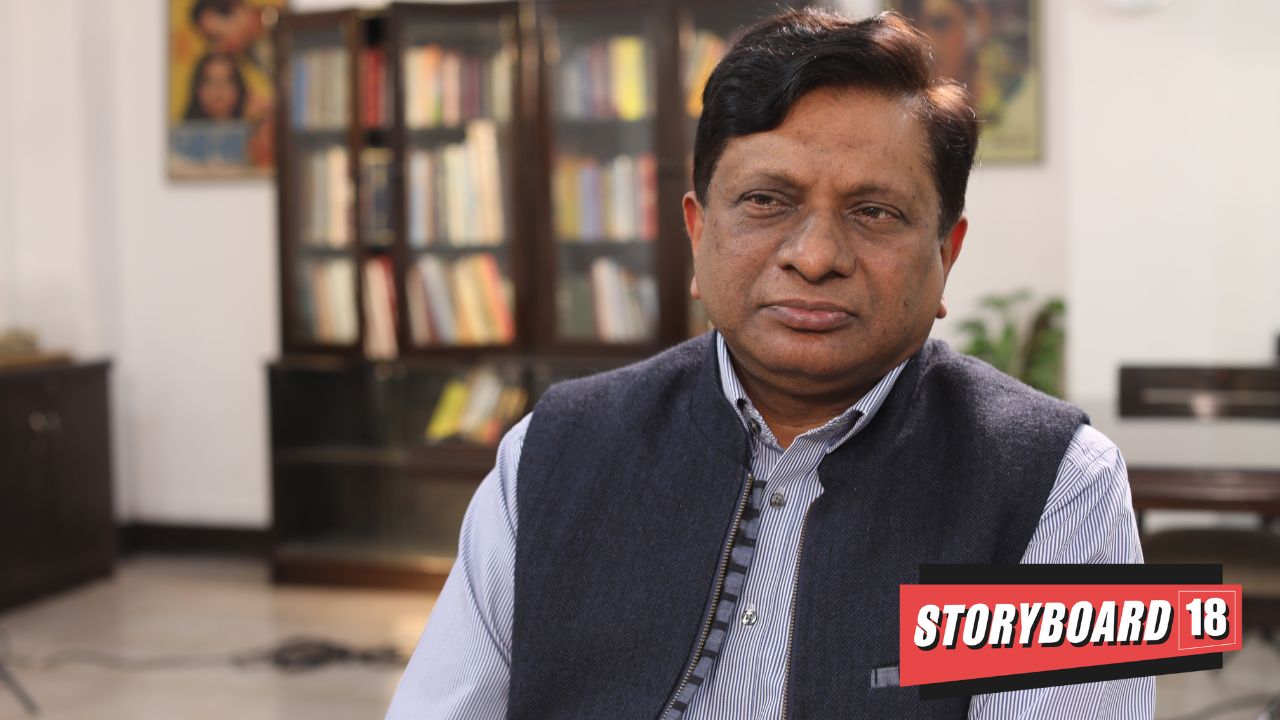In the ongoing pursuit of a fair revenue share between digital news publishers, industry bodies, and major tech companies, the Ministry of Information and Broadcasting (MIB) is actively involved.
MIB Secretary Apurva Chandra, said in an exclusive conversation with Storyboard18, “We have engaged in discussions with news publishers and intermediaries regarding the prevailing issue.”
Digital News Publishers Association (DNPA) is advocating a fair revenue-sharing mechanism with big tech companies like Google and Meta, hoping to establish a fair and sustainable approach to monetization. The move aligns with international practices, such as Australia’s News Media Bargaining Code (NMBC), which mandates tech giants to pay news publishers for content hosted on their platforms.
The ministry is also taking up the international best practices as case study.
“Solutions implemented in countries like Australia, the EU, and Canada have been considered, and similar discussions are underway in our context,” Chandra said.
“Currently, there are ongoing cases and investigations, particularly under the Competition Commission. There are two ways to go about it, we can either wait for the Competition Commission to formulate regulations or develop our own act independently. These deliberations are ongoing,” he added.
Two years ago, Australia introduced the News Media and Digital Platforms Mandatory Bargaining Code, pushing big tech companies such as Facebook and Google to negotiate with news media for content payments.
Failure to reach agreements would grant the Australian government the authority to enforce deals.
Prior to this major tech companies exerted influence to protect their interests. Google, for instance, warned users about potential disruptions to search functions. Facebook took it a notch higher and threatened to block news content on its Australian platform. What’s more, following the implementation of the law, Facebook went ahead with the ban. However, with amendments in place later, the law was made flexible, prompting Facebook and Google to negotiate deals with multiple news organizations in the country.
In Canada, research showed online advertising revenues touched $14 billion in 2022, with close to 80 percent of these earnings being concentrated on just two major platforms. This contrast between the vast profits of digital platforms and the continual closure of news outlets is primarily attributed to the decline in advertising revenue.
To address this issue, Canada introduced the Online News Act, which is designed to ensure that dominant online platforms provide fair compensation to news organizations whose content is featured on their services. The Act establishes a structured framework for negotiations, encouraging these platforms to engage in voluntary commercial agreements with various news entities.
When mutually agreeable terms cannot be reached independently, the Act mandates a mediated bargaining process. Should mediation prove unsuccessful, each party involved is required to submit a final offer, following which an arbitral panel is responsible for selecting one of the two proposed offers.
Cut to India, digital news publishers are looking forward to similar models where stakeholders’ bodies like DNPA are hoping for a bargaining code within the Digital India Bill, ensuring a fair share of revenue.
The Competition Commission of India (CCI) has been drawn into the fray. Not just DNPA, but the News Broadcasters and Digital Association (NBDA) and the Indian Newspaper Society (INS) jointly lodged a complaint with the CCI earlier this year. Their grievance pertains to Google’s perceived conditions related to revenue-sharing agreements and questionable practices in advertisement intermediation services, among others.
